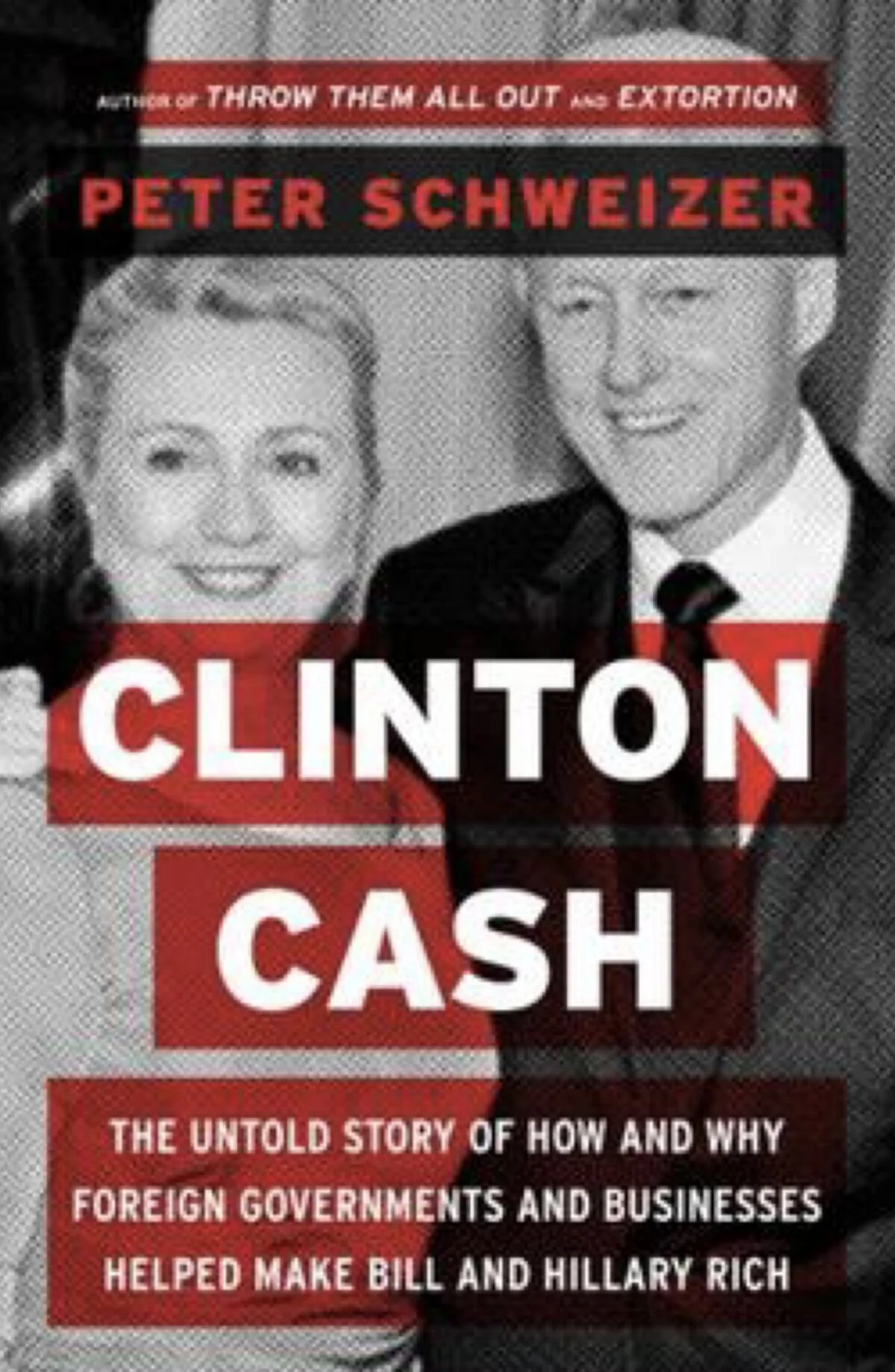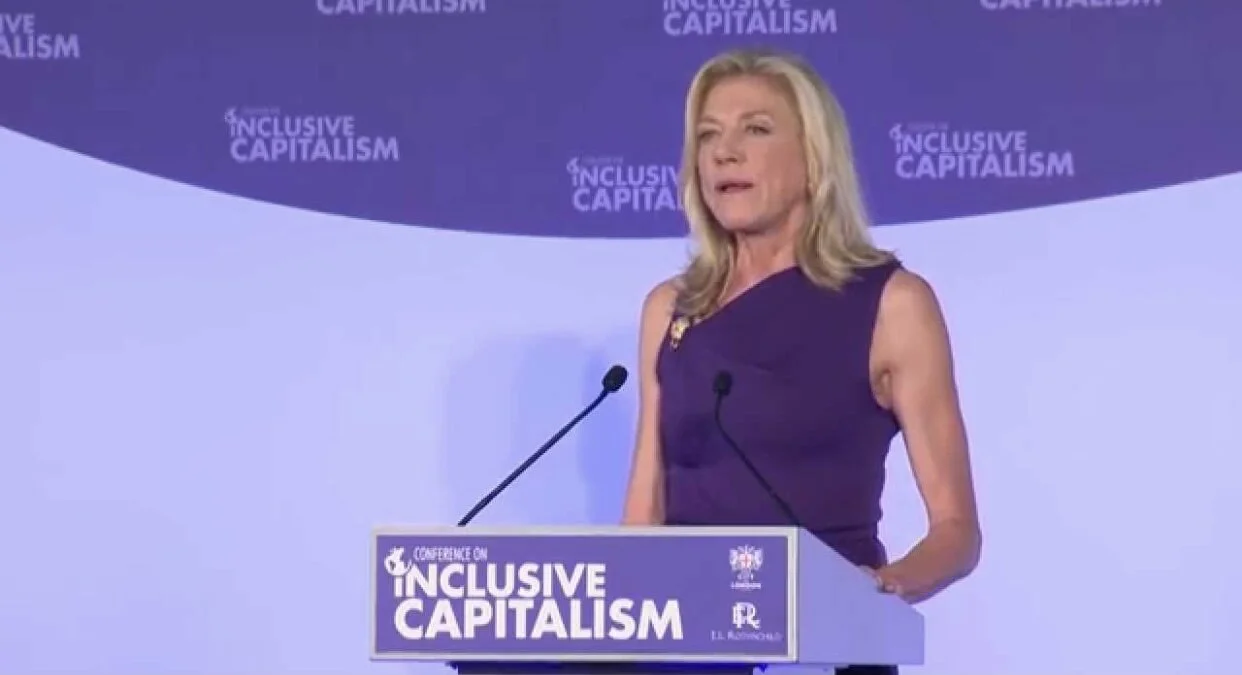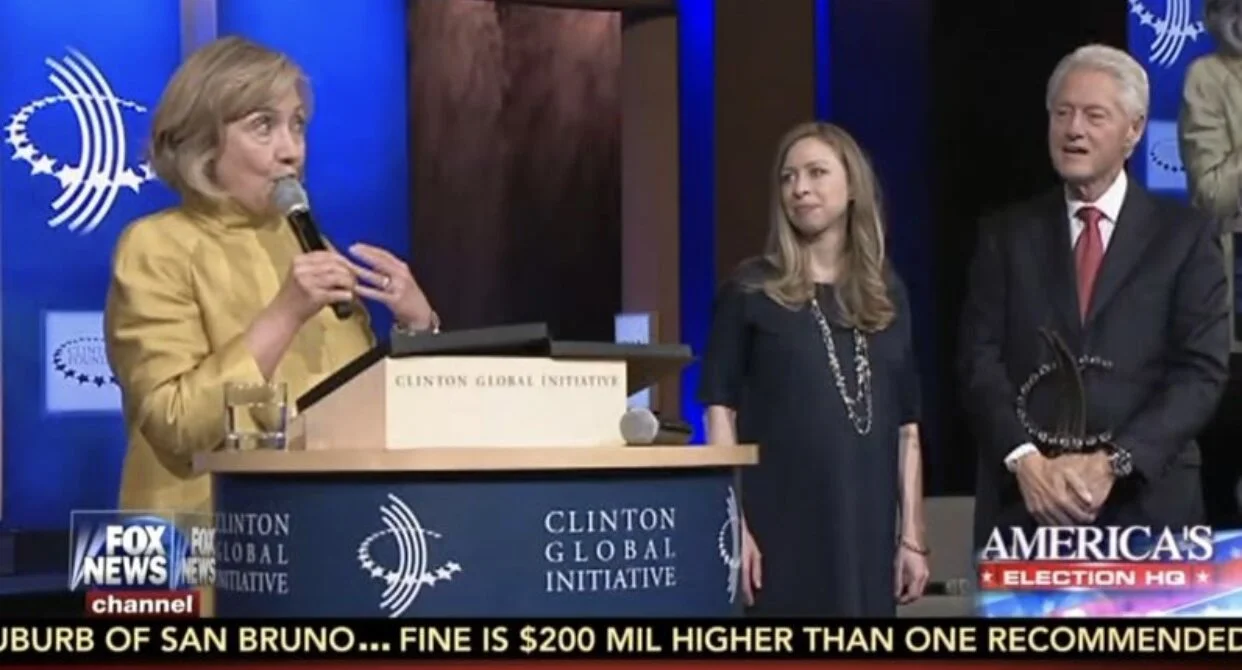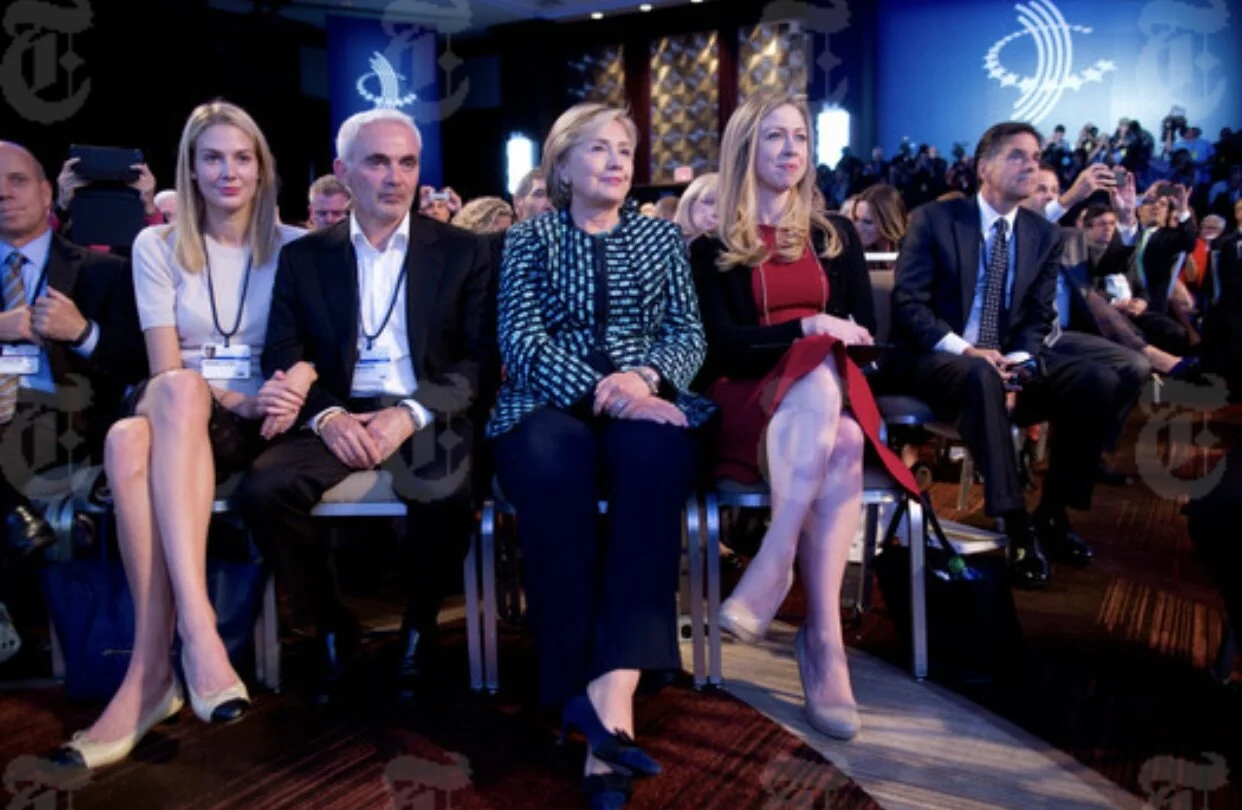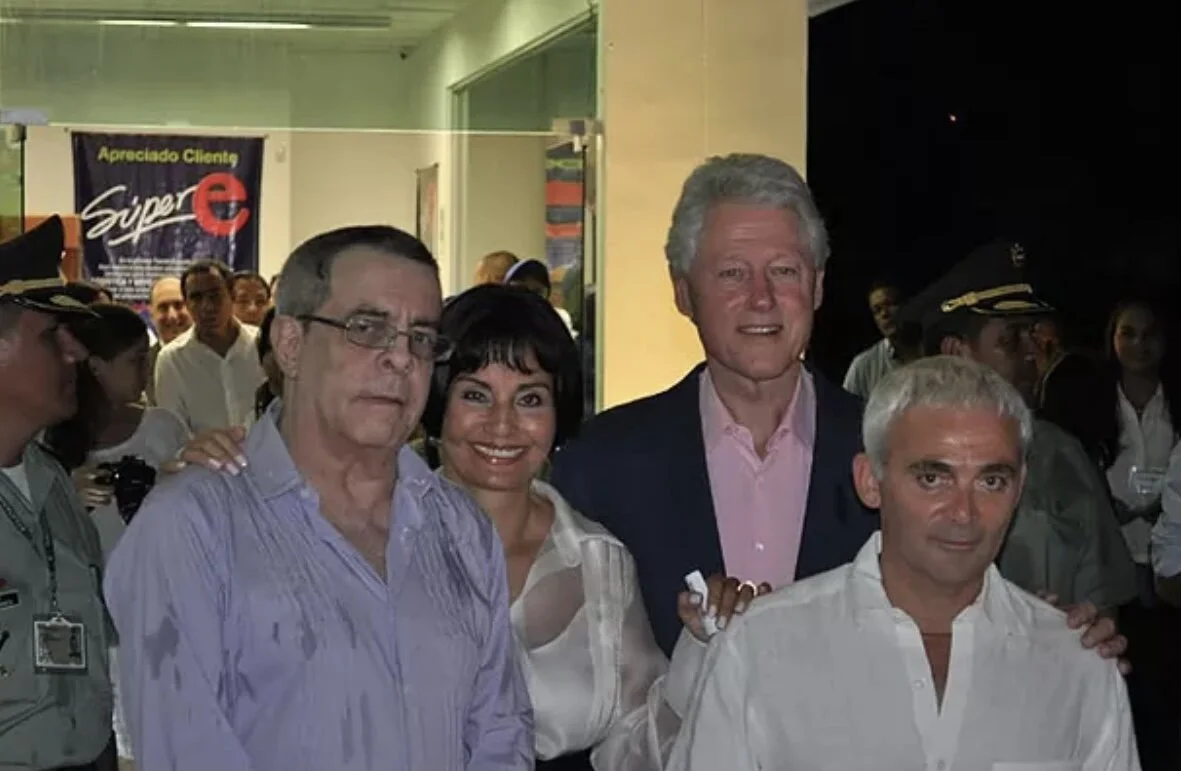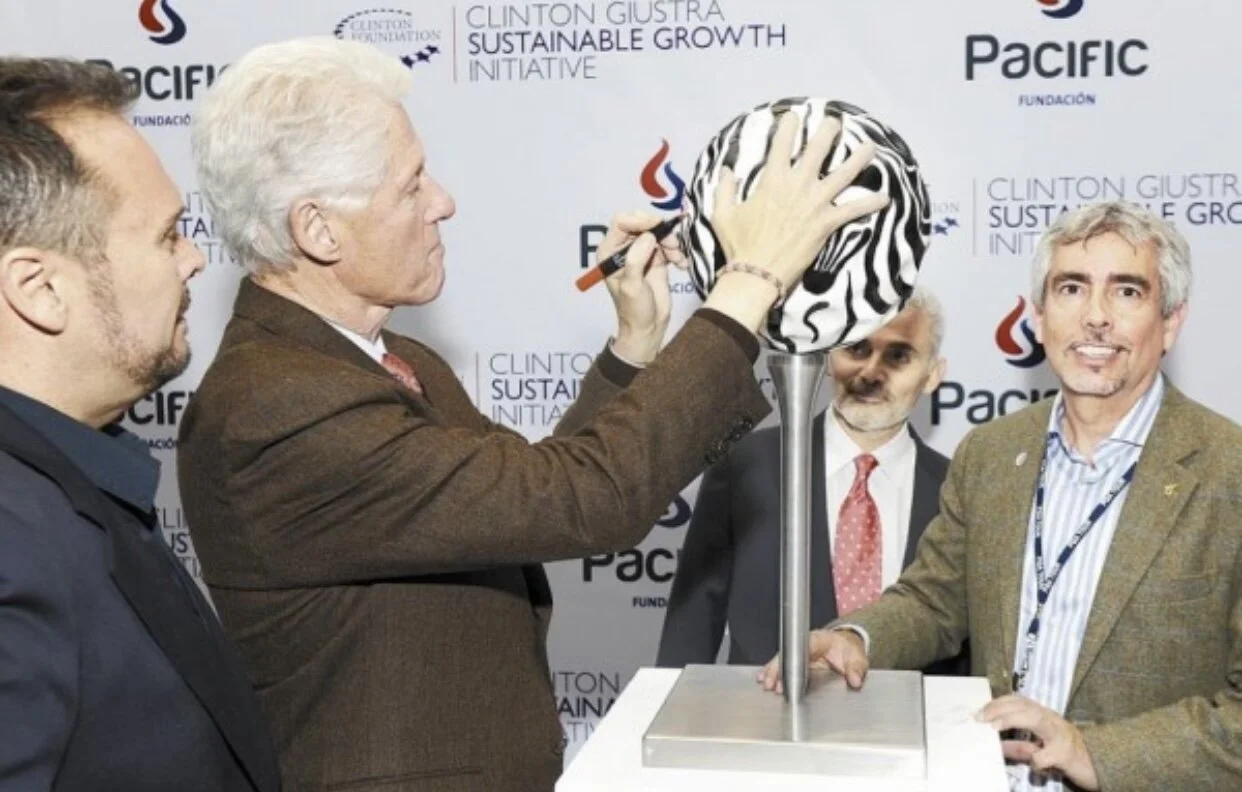Days later, Pacific Rubiales Energy, a company for which Giustra was the Canadian face, announced that the Uribe government was giving the company the right to drill for oil on six lucrative plots. Pacific Rubiales acquired the largest exploration acreage in the Putumayo Basin, which sits at the center of Colombia's oil belt.
The other plots were in the giant reserves east of Ciusiana-Cupiagua, and three blocks in the Llanos Basin, a prolific oil-rich area at the foot of the Andes mountains. It was a stunning success, given that Pacific Rubiales was a relatively new company with little track record in the country. But these lucrative concessions helped the company grow quickly.
As German Hernandez, who oversees business operations for the company, explained in 2011, “[A few years ago] we were fewer than 20 people, practically living in tents with mosquito netting.... Today we are the number one project in the petroleum industry in Colombia."
By the end of 2010 the company was producing a net of seventy thousand barrels of oil equivalent per day in Colombia, and boasted a market cap of over $8.3 billion.
According to Pacific Rubiales cochairman Serafino Iacono, Giustra's role at the company is to provide “valuable financial capital and political capital [emphasis added] along the way."
Pacific Rubiales signed up as an early contributor to the Clinton Foundation. Pacific Rubiales and underwriters contributed over $4 million to the Clinton Giustra Sustainable Growth Initiative (CGSGI). And as we have seen in several other cases, the company's decision to give to a charity thousands of miles away to fund work in Colombia struck local charities as odd.
They, along with labor-backed social welfare organizations, had been clamoring for the company to provide donations for several health and welfare initiatives. They also wanted the company to raise the salaries of employees. These efforts were rebuffed.
Instead of flowing to local charities, the bulk of the company's charitable contributions were given to the Clinton Foundation. Pacific Rubiales, despite its announced commitment, does not appear on the Clinton Foundation list of donors.
Repeated phone calls and e-mails to Pacific Rubiales to determine whether it honored their commitment have not been returned as of this writing. Giustra's run of good business news in the summer of 2010 was not finished.
Less than two weeks after Hillary left, yet another of Giustra's companies, Petroamerica, announced that Colombian regulators had designated the company a "restricted operator," which meant it was eligible to explore for and produce oil.
Petroamerica had been founded only a few months earlier, in late 2009, by what a Canadian business journal called "a group of part-time managers and directors." Now, courtesy of the Uribe government, it was sitting on some very big prospects in Colombia. “Of all the resource projects that I am involved with, this is the one I am most excited about," Giustra told one business publication.
The Clinton Foundation was integrated into US State Department energy initiatives in Colombia. According to a leaked State Department memo, on November 8, 2009, a US government delegation arrived in Colombia to explore the rapid expansion of mining loans backed by the US government energy and in Colombia.
“The energy sector in Colombia has big plans to expand and the Export-Import Bank (EXIM) and the U.S. Trade Development Agency (TDA) want to be a part of this expansion by providing financial backing and trade capacity building assistance."
When TDA representative Patricia Arriagada arrived in Colombia, she met with mines and energy minister Silvana Giaimo. According to a leaked State Department cable, in that meeting Arriagada was “accompanied by Manuel Olivera, local director of the Clinton Foundation."
The memo mentions no other nonprofit organization involved in these discussions. As a result of that delegation, the US government expanded energy and mining loans in Colombia. One of the big projects funded by the US Export-Import Bank was a $280 million liquid natural gas (LNG) barge that was to be used to transport LNG from Colombia to China.
The barge was being built for Giustra's company, Pacific Rubiales. Giustra had other projects in Latin America that received US taxpayer money. Giustra's Endeavour Mining arranged for Export-Import funding in September 2010 as part of an $858 million package of loans for a copper mining project in Mexico called Baja Mining. (According to an Endeavour Power-Point marketing presentation, it "closed" the deal.)
The project involved developing an underground copper-zinc mine near the Mexican town of Santa Rosalia. Endeavour was an adviser on the deal, but Baja Mining was also a "core investment" for the firm, according to one investment document. US taxpayers were on the hook for approximately $420 million.
The Baja investment didn't go well-at least for American taxpayers. According to the Office of the Inspector General at the Export-Import Bank, the project was plagued with cost overruns. The report also suggested that "corporate malfeasance" had taken place.
As the report put it, “Our inspection revealed evidence of inappropriate conduct by several parties including the Borrower's failure to make timely disclosure of significant cost overruns, inaccurate representations, allegations of fraud related to one of the project's local vendors, management impropriety, and an overarching lack of governance."
The report noted further that the Export-Import Bank had failed to perform proper due diligence when approving the deal. The project apparently fell into default within six months of financial closing.

